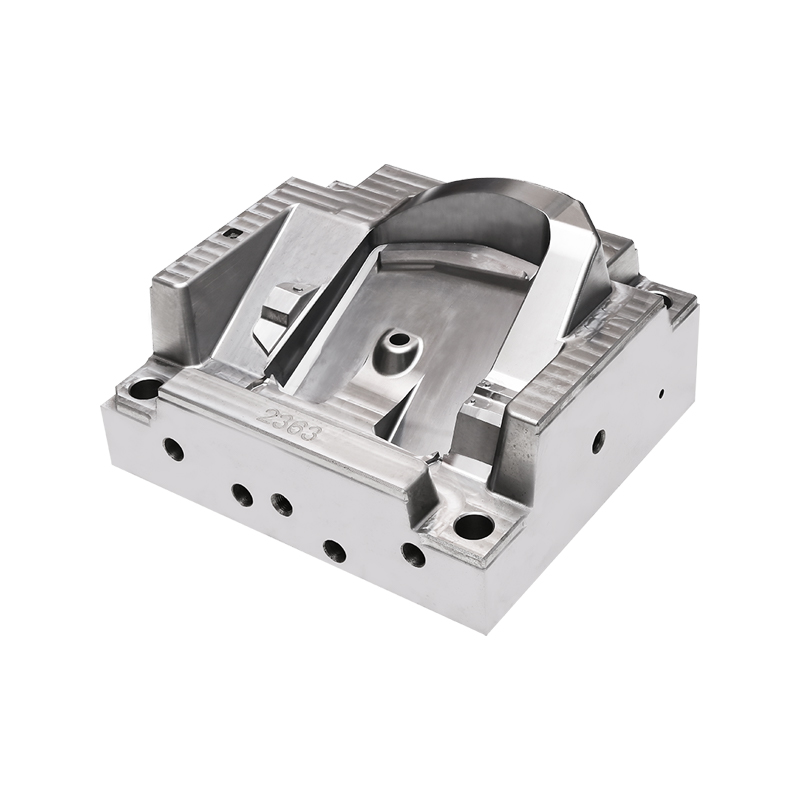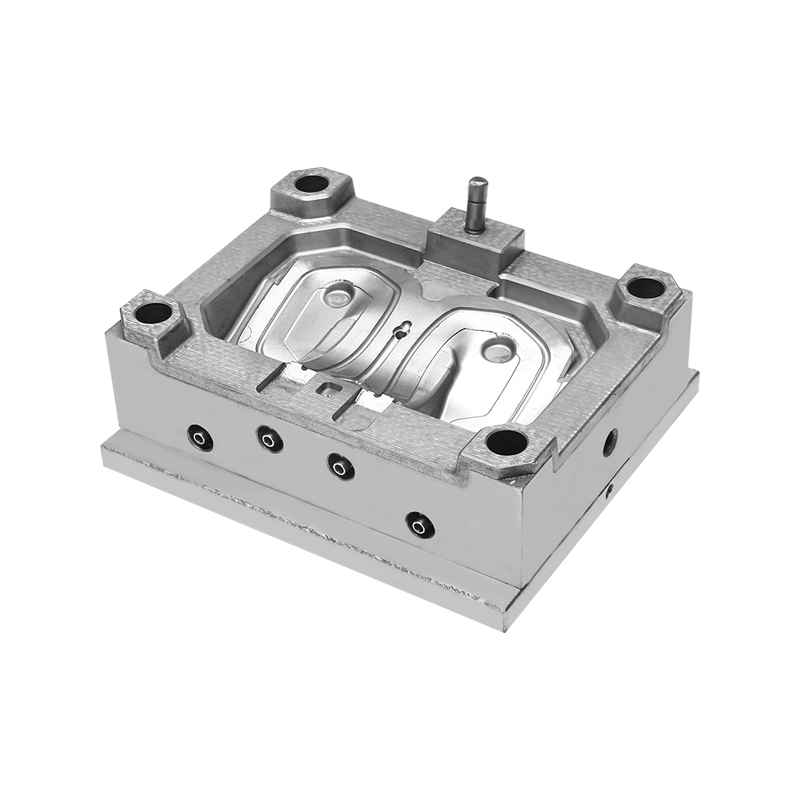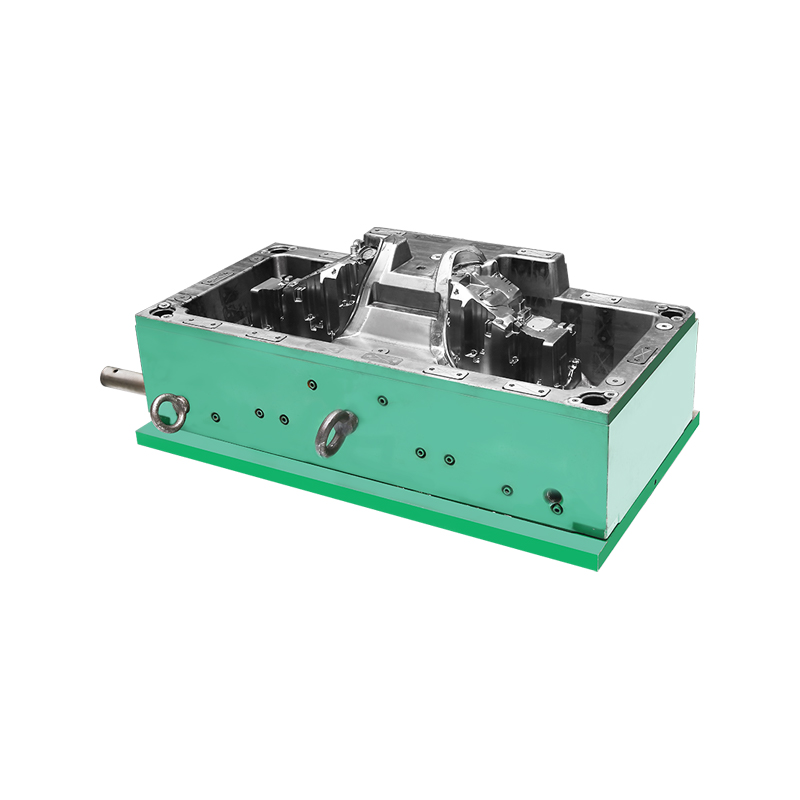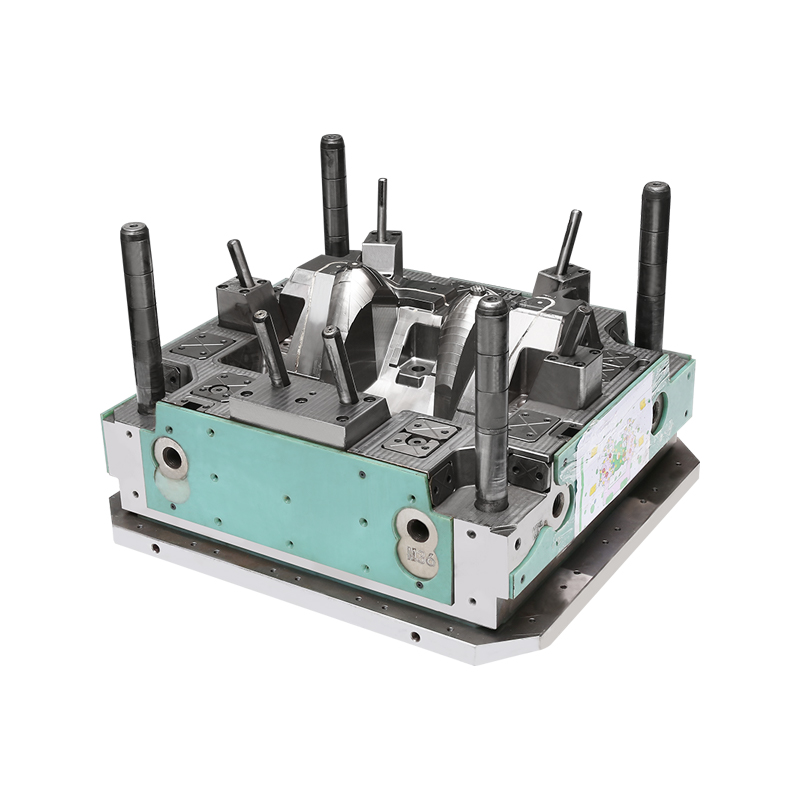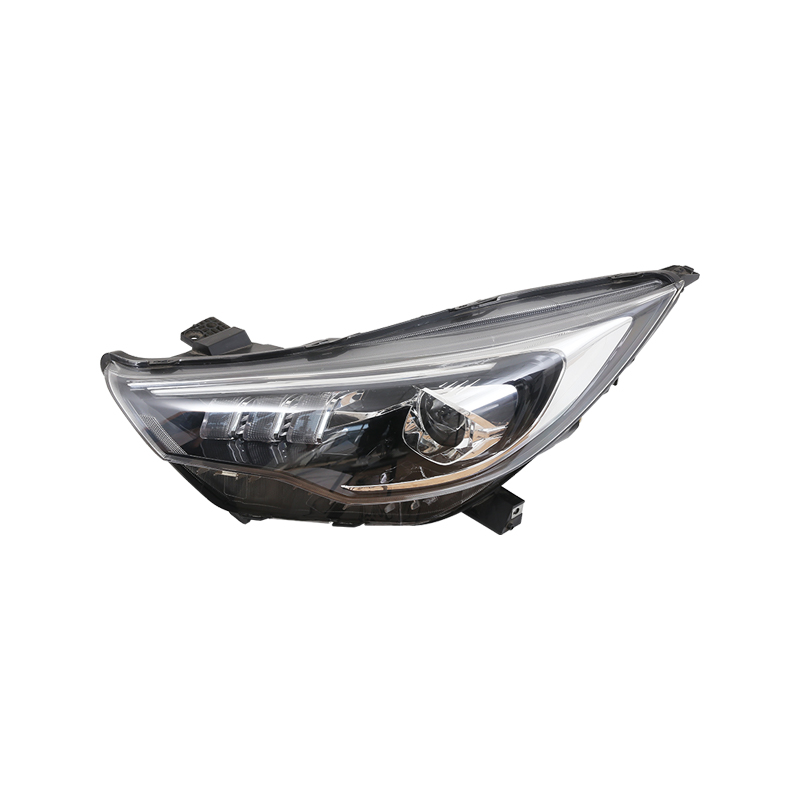In the fast-paced automotive sector, where innovation is the lifeblood, the advent of new automotive plastic injection molds has turned the tide in favor of cost efficiency and production excellence. These molds are not merely a leap in technology; they are a strategic investment that promises to reshape the automotive manufacturing paradigm.
The automotive industry, a colossal and fiercely competitive domain, is perpetually in the quest for breakthroughs that can offer a competitive edge. The introduction of new automotive plastic injection molds has emerged as a game-changer, offering a myriad of benefits that extend beyond mere novelty.
First and foremost, the use of new automotive plastic injection molds significantly reduces production costs. Traditional metal molds require substantial investment in terms of both time and money. The process of creating a metal mold is labor-intensive and requires skilled craftsmanship. In contrast, plastic injection molds are easier and faster to produce, which translates to lower costs and quicker turnaround times.
Moreover, the flexibility of plastic materials allows for the creation of complex and intricate designs that would be challenging to achieve with metal molds. This opens up a world of possibilities for automotive designers, enabling them to create vehicles with sleeker, more aerodynamic shapes that not only look good but also improve fuel efficiency.
Another significant advantage of new automotive plastic injection molds is their durability. Unlike metal molds, which can wear out over time and require frequent maintenance or replacement, plastic molds are more resistant to wear and tear. This means that automotive manufacturers can enjoy a longer lifespan for their molds, further reducing costs in the long run.
The environmental benefits of using new automotive plastic injection molds cannot be overlooked. Plastic is a more sustainable material compared to metal, as it is lighter and requires less energy to produce. This not only reduces the carbon footprint of the automotive industry but also aligns with the growing global emphasis on sustainability and environmental responsibility.
Furthermore, the use of new automotive plastic injection molds can bring to a reduction in the weight of vehicles. Plastic components are lighter than their metal counterparts, which can contribute to improved fuel efficiency and reduced emissions. This is particularly important in today's world, where there is a growing demand for eco-friendly vehicles.
In addition to the cost savings and environmental benefits, new automotive plastic injection molds also offer improved safety features. Plastic components can absorb more impact than metal, which can help to protect passengers in the event of a collision. This is a crucial consideration for automotive manufacturers, who are constantly striving to improve the safety of their vehicles.
The integration of new automotive plastic injection molds into the automotive industry is not without its challenges. The transition from traditional metal molds to plastic molds requires investment in new equipment and training for workers. However, the long-term benefits of cost savings, improved design flexibility, and environmental sustainability far outweigh the initial challenges.
In conclusion, the adoption of new automotive plastic injection molds is a strategic move for the automotive industry. It offers a multitude of benefits, including cost savings, design flexibility, durability, environmental sustainability, and improved safety. As the automotive industry continues to evolve, the use of new automotive plastic injection molds is set to become an integral part of the manufacturing process, driving innovation and efficiency in the quest for excellence.

 English
English 中文简体
中文简体 русский
русский Español
Español
